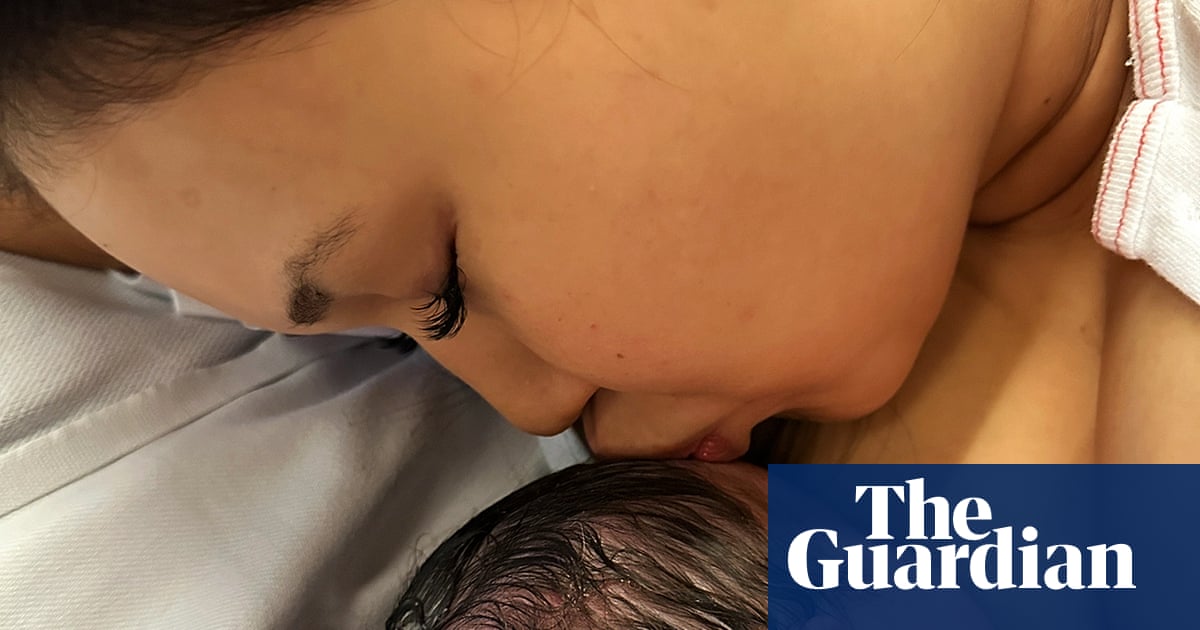- cross-posted to:
- worldnews@lemmy.ml
- cross-posted to:
- worldnews@lemmy.ml
Danish authorities take one-hour-old infant despite law banning the tests on people with Greenlandic backgrounds
A Greenlandic mother’s one-hour-old baby was removed from her by Danish authorities after she underwent “parenting competence” tests – despite a new law banning the use of the controversial psychometric assessments on people with Greenlandic backgrounds.
Ivana Nikoline Brønlund, who was born in Nuuk to Greenlandic parents and has played for the Greenlandic handball team, gave birth to her daughter, Aviaja-Luuna, on 11 August in a hospital in Hvidovre, near Copenhagen, where she lives with her family.
An hour later, the local municipality took the infant into foster care. Brønlund, 18, says she has since only seen her daughter once, for an hour, when she was not allowed to comfort the baby or change her nappy.
The “parenting competence” tests, known as FKU (forældrekompetenceundersøgelse), were banned on people with Greenlandic backgrounds earlier this year after years of criticism by campaigners and human rights bodies, who argued successfully that the tests were racist because they were culturally unsuitable for people from Inuit backgrounds. As the law came into force in May, campaigners are asking why Brønlund was still subjected to a test.
The Danish social affairs minister, Sophie Hæstorp Andersen, has said she was concerned by the reports and had requested the municipality behind the decision, Høje-Taastrup, to explain its handling of the case. “Standardised tests should not be used in placement cases involving families with a Greenlandic background. The law is clear,” she said.
Brønlund’s case has prompted protests in Greenland, with further protests planned in Nuuk, Copenhagen, Reykjavík and Belfast.
Brønlund was told that her baby was removed because of the trauma she had suffered at the hands of her adoptive father, who is in prison for sexually abusing her. The municipality told her she was “not Greenlandic enough” for the new law banning the tests to apply, despite her being born in Greenland of Greenlandic parents.
Local authorities started the testing on her in April – after an announcement in January that the ban was coming in. They completed the tests in June, at which point the law was in force. Brønlund was told three weeks before giving birth that her child would be taken away.
The municipality declined to comment, saying it was bound by confidentiality. But it has admitted to faults in its processes and said it was seeking to ensure the family’s legal requirements were met and “the best possible solution” for the family.



Then the problem becomes “who decides?”
In this case, you have a Danish government telling a Native Greenlander they arent’t competent for… “reasons”. I see a whole host of problems with this, notably institutional racism, of which the Western World is guilty of a whole hell of a lot of.
https://imprintnews.org/child-welfare-2/nations-first-family-separation-policy-indian-child-welfare-act/32431
https://www.npr.org/2022/01/25/1075488955/why-did-canada-separate-indigenous-families-from-their-children
https://www.hrw.org/news/2025/03/26/australia-disproportionate-removal-aboriginal-children
It’s not a problem if we want to be serious about the issue, governments regulate it and we support sensible regulations as voters.
Yes I understand not everything works as planned in politics, but that’s how it’s done.
The problem is overcoming hundreds of years of systemic abuse. Nothing good will come from separating native peoples from their children. Especially in this case with no actual evidence of any abuse.